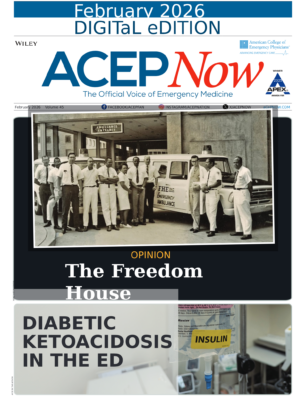(Reuters Health) – U.S. patients are more likely to experience gaps in coordination among health care providers than their counterparts in other high-income nations, a new study suggests.
Well-coordinated care can help make medicine safer and more efficient, researchers note in the Annals of Family Medicine, online March 13. Coordination between primary care providers and specialists can lead to fewer hospitalizations, but it can also require patients to have frequent contact with health care providers.
Roughly one in 10 U.S. patients experience numerous gaps in care coordination, which is about double the proportion across all 11 countries in the study. Patients were less likely to have gaps in care coordination when their primary care physician knew them well and they didn’t have multiple chronic medical problems, the study also found.
“It shouldn’t be a surprise that having a good relationship with a primary care doctor helps care coordination,” said Timothy Hoff, a researcher at Northeastern University in Boston and author of a forthcoming book titled, “Next in Line: Lowered Care Expectations in the Age of Retail- and Value-Based Health.”
“Care coordination is more about the doctor being willing to go the extra mile for the patient than anything else, and a good relationship encourages that extra effort,” Hoff, who wasn’t involved in the study, said by email.
For the study, Jonathan Penm of the University of Sydney, Australia and colleagues examined survey data from almost 14,000 adults in Australia, Canada, France, Germany, the Netherlands, New Zealand, Norway, Sweden, Switzerland, the United Kingdom and the U.S.
Survey respondents described their experiences with five potential gaps in coordination between primary care and specialty practices in the previous two years: primary care doctors lacking test results or medical records; receiving conflicting information; primary care doctors ordering a test patients thought was unnecessary; specialists lacking medical information or test results from patients’ regular doctor; and regular doctor not up to date on care provided by specialists.
Researchers counted patients as experiencing poor primary care coordination when survey participants reported at least three of these five issues.
Overall, one third of participants reported at least one care coordination gap, and five percent had at least three gaps. When people did have at least three gaps, they were more than three times as likely to be hospitalized and more than twice as likely to visit the emergency department, the study found. Compared with adults 65 and older in the study, younger patients in their 20s and 30s were more likely to report gaps in care coordination, researchers also found.
One limitation of the study is that just 23 percent of people invited to complete the survey agreed to do so, the authors note. Researchers also lacked country-specific data to help examine the reasons some nations had better care coordination than others.
In the U.S., it’s likely that a lack of insurance or the cost of treatment contributes to poor care coordination, said Dr. Asaf Bitton, a researcher at Brigham and Women’s Hospital and Harvard Medical School, both in Boston, who wasn’t involved in the study.
“Care coordination assumes that a person has some sort of minimal access to affordable health care,” Dr. Bitton said by email. “When a person is uninsured or underinsured, they will avoid often necessary care.”
The study results for U.S. patients aren’t surprising, said Dr. Kurt Stange, a researcher at Case Western Reserve University in Cleveland, Ohio, who wasn’t involved in the study. “What is surprising is that we keep investing in the fragmented parts of care – delivery of individual commodities of disease-specific health care – and then expect the whole – the integrated care and health of people and families – to get better,” Dr. Stange said by email.
Better care coordination in other countries suggests that supporting doctor-patient relationships matters, Dr. Stange added. “Investment in relationships is a vital resource that enables care to be coordinated,” he noted. “Investment in relationships has many other pay-offs as well.
Pages: 1 2 | Multi-Page





No Responses to “Care Coordination in U.S. Lags Other Developed Nations”